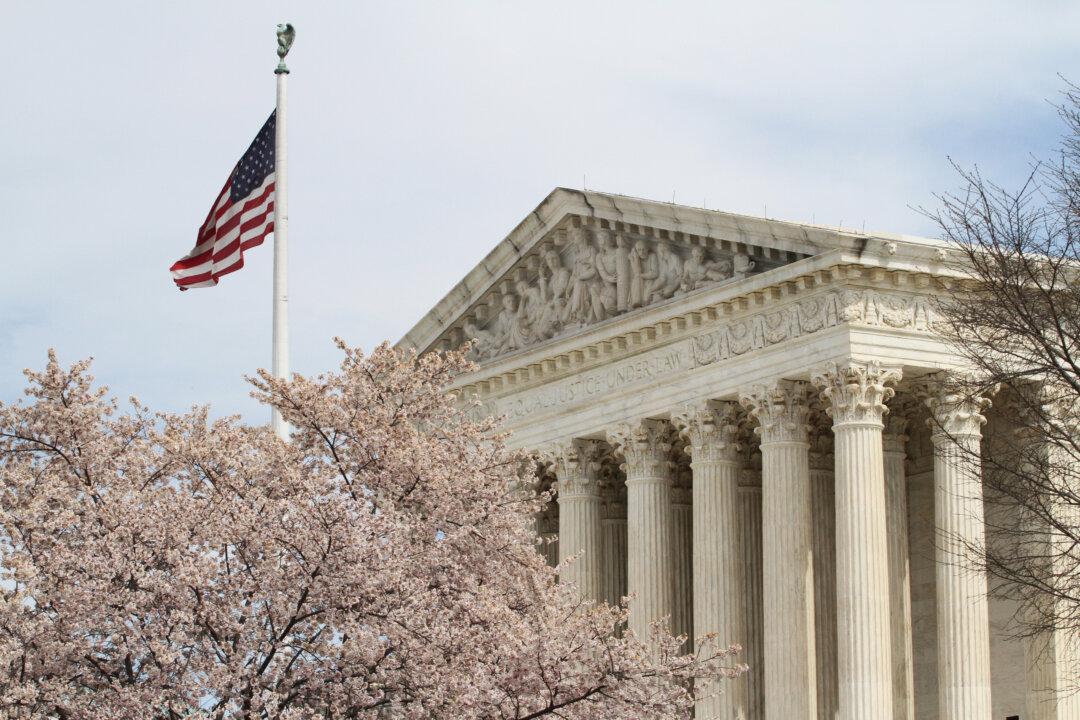The Supreme Court has agreed to look at class-action lawsuits filed by two women whose automobiles were seized by local governments even though they committed no crimes.
The women said they were deprived of due process by two municipalities in Alabama that failed to properly justify their actions. The women filed suit in federal court.





